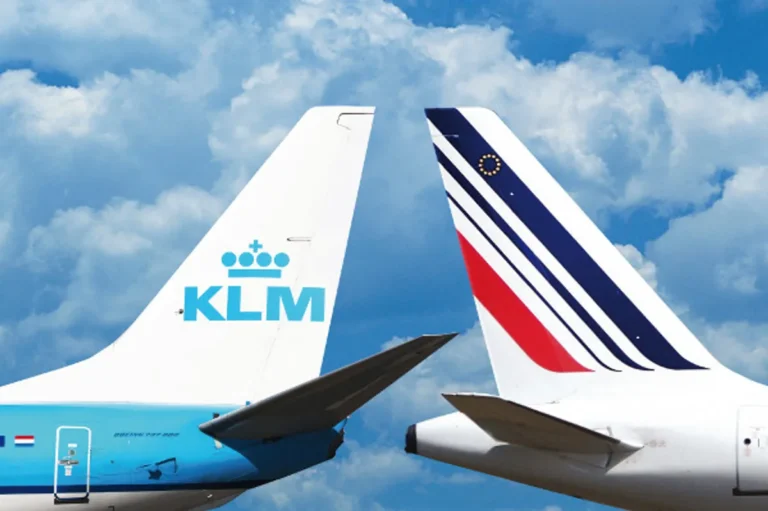Introduction
Governance in the aviation industry can be intricate, though not as complex as managing a country with 246 types of cheese, as humorously noted by Charles de Gaulle. For Ben Smith, CEO of Air France-KLM, the task involves overseeing four airlines with varying degrees of success.
Current State of Air France-KLM
The Air France-KLM group, a major player in European aviation, consists of four distinct airlines. These airlines are experiencing differing levels of performance, requiring unique strategies for management and operational efficiency.
Air France
Air France has shown substantial progress in recent years, concentrating on improving customer service and expanding its flight network. Efforts towards modernization and fleet renewal have contributed positively to its performance.
KLM
KLM has maintained a steady performance, with strong financial results and a solid reputation for reliability and service quality. The airline focuses on maintaining its operational efficiency and has been a consistent contributor to the group’s overall success.
Transavia
Transavia, known for its budget-friendly approach, has leveraged the demand for low-cost travel options, consistently attracting customers. Investments in new routes have been part of its strategy to secure a stronger market position.
Air France HOP
In contrast, Air France HOP, the regional subsidiary, encounters significant challenges. Competitive pressures and operational hurdles have impacted its financial performance, necessitating strategic reevaluation.
Conclusion
Ben Smith’s leadership is crucial as Air France-KLM navigates a landscape where not all its branches experience the same fortune. The differing success of each airline underlines the complexity of managing a diverse aviation group.

